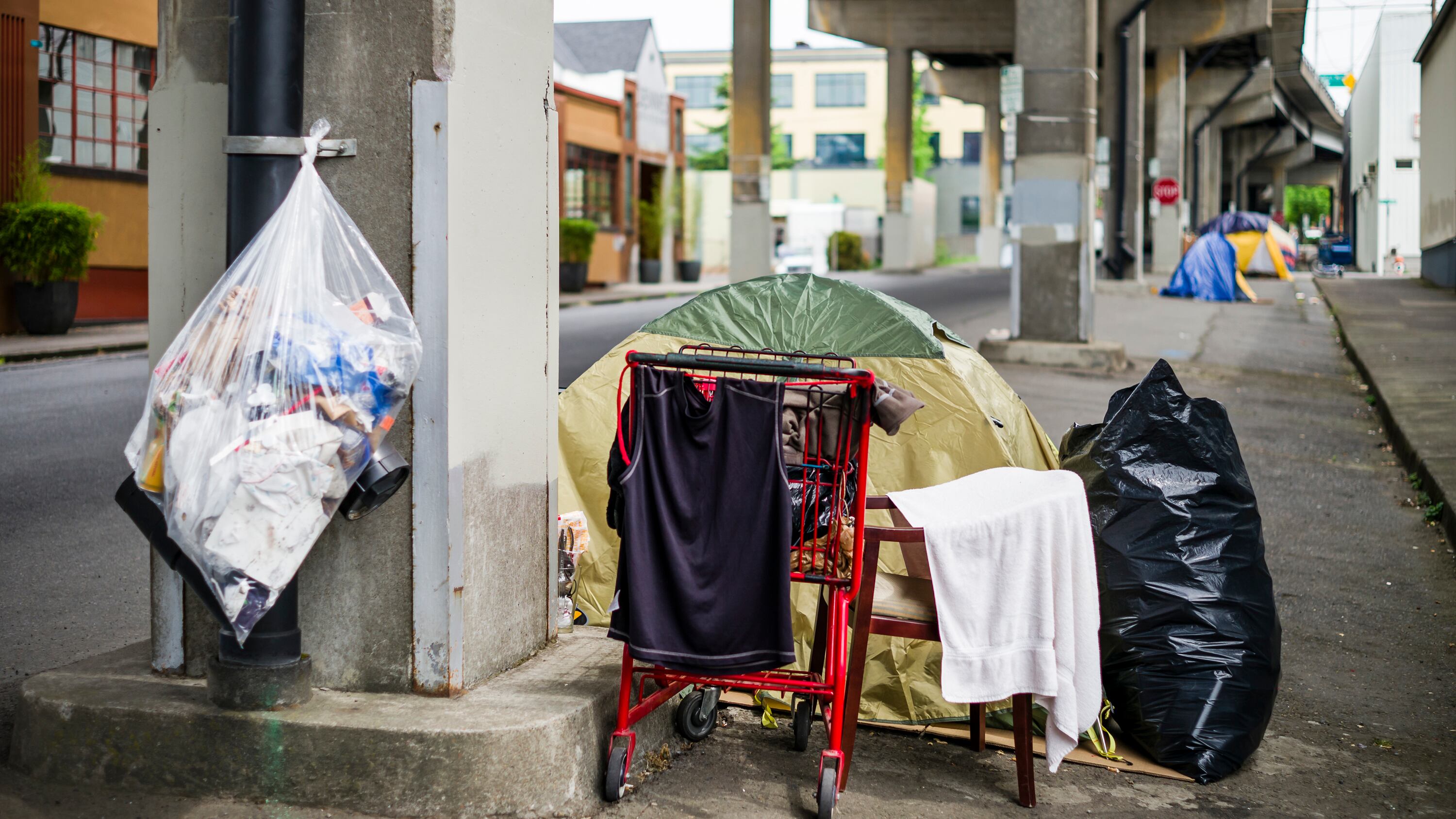Portland's local governments are preparing to ring in the new decade with new taxes.
It's still 10 months before Portland voters will open their November 2020 ballots. But local officials and advocates are already throwing elbows over which tax measures should take precedence.
Regional government Metro is planning a massive measure to fund roads and light rail. But a coalition of housing advocates also want Metro to back a tax measure that would fund homeless services.
Last week, the rhetoric heated up. Housing advocate Israel Bayer declared it "mind-boggling" that Metro wasn't more enthusiastic about the homeless services tax measure. "Thousands of people's lives hang in the balance," he wrote. "Do better!"
Portland voters have approved every new tax presented to them since 2011, when they rejected a Portland Public Schools bond. They've since said yes to taxes for schools, the arts, road repair and solar roofs—not to mention two housing bonds.
That explains why advocates are so eager to present their preferred taxes to voters. In fact, WW has learned, Multnomah County and the Democratic Socialists of America are both exploring plans for a third 2020 tax measure, to fund universal pre-kindergarten. (Portland Public Schools is also expected to seek a third bond measure in nine years.)
WW has obtained polling results that show the backers of the homeless services coalition—a group called HereTogether—asked voters which issues they consider most important. A survey of 900 likely November 2020 voters in the metro region, conducted by Washington, D.C., polling firm GBAO Strate-gies on behalf of HereTogether, indicated Portlanders have the greatest appetite for aiding homeless people.
Here are three new tax proposals you can expect to see debated in the new year.

ISSUE: RELIEVING TRAFFIC CONGESTION
THE CONCEPT:
Reduce congestion, increase safety, support public transit. Specific recommendations on projects haven't been adopted, but a MAX line to Bridgeport Village is widely expected.
WHICH GOVERNMENT IS BACKING IT?
Metro, which has spent the past two years preparing for a region-wide transportation package.
FUNDING SOURCE:
A mix of taxes is likely, possibly including an increased payroll tax, a tax on high-income households, and higher vehicle registration fees.
HOW MUCH MONEY DO THEY WANT TO RAISE?
$350 million to $450 million a year.
HOW MANY VOTERS THINK IT'S A HIGH PRIORITY?
66 percent.

ISSUE: REDUCING HOMELESSNESS
THE CONCEPT:
Ongoing funding to support getting people off the streets, including drug addiction treatment and mental health services.
WHICH GOVERNMENT IS BACKING IT?
It's just housing advocates for now, but they have wide-ranging support for the concept, from Multnomah County officials to the Portland Business Alliance. They want Metro to be the official backer, so the measure could tax people in three counties.
FUNDING SOURCE:
Unclear.
HOW MUCH MONEY DO THEY WANT TO RAISE?
$300 million a year.
HOW MANY VOTERS THINK IT'S A HIGH PRIORITY?
86 percent.

ISSUE: PROVIDING UNIVERSAL PRE-K
THE CONCEPT: Universal preschool for 3- and 4-year-olds.
WHICH GOVERNMENT IS BACKING IT?
Multnomah County is exploring the concept. So are the Democratic Socialists of America—a political group, not a government. (DSA wants a slightly different concept: free access to preschool for all 4-year-olds.)
FUNDING SOURCE:
The DSA proposes an income tax on the top 5 percent of households. Multnomah County hasn't revealed a funding mechanism.
HOW MUCH MONEY DO THEY WANT TO RAISE?
$150 million to $250 million a year.
HOW MANY VOTERS THINK IT'S A HIGH PRIORITY?
41 percent.

